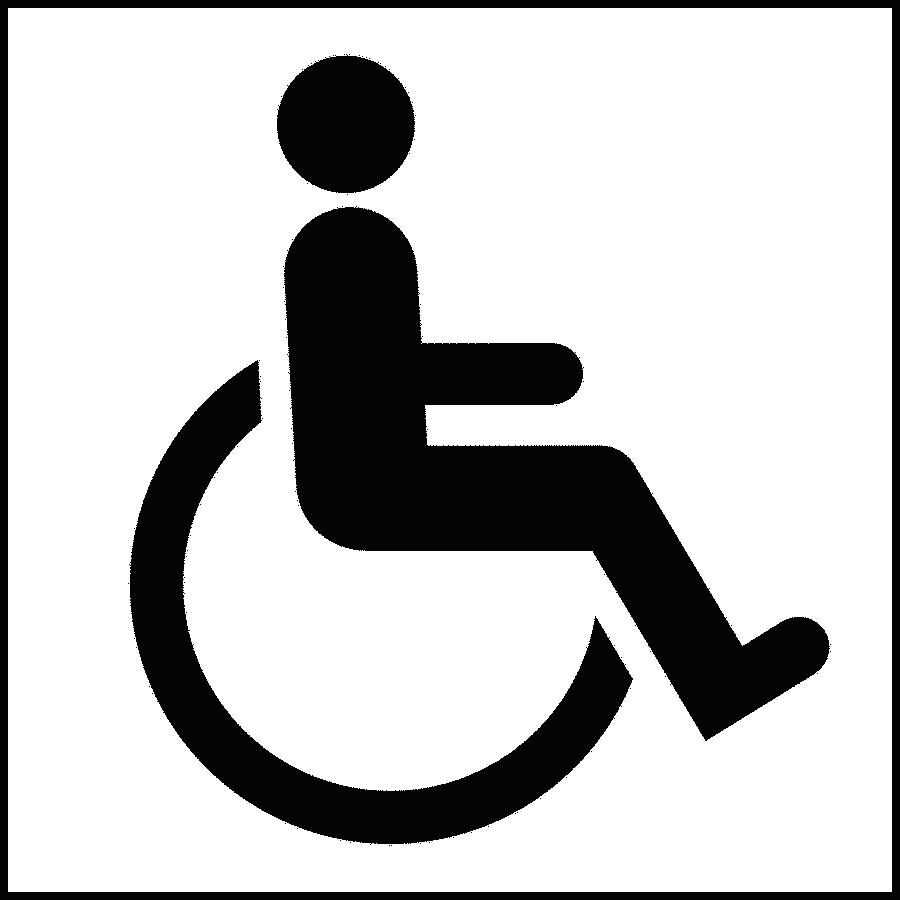

Section 8/HCV Participant Info
TENANT OBLIGATIONS:
Listed below are several things you must do to keep your voucher.
- You must call your the housing authority whenever anybody who lives in your home has a change in the money they receive. This could be TANF, social security, child support, money from working at a job, and unemployment. The housing authority has the right to take away your voucher permanently if you do not report income changes to them.
- If you want to add somebody to your home you must call the housing authority and your landlord first to get approval. Never move somebody in without letting the housing authority know or you may lose your voucher.
- You must always comply with the rules of the lease. For example, if you are evicted from the unit or if you fail to pay your share of rent you could lose your voucher.
- You must complete the annual paperwork in order to be sure your rent is calculated correctly.
- The place that you are renting must be kept clean and in good condition. You must be home for the annual inspection. If your home is not maintained the way it should be, the housing authority has the right to take away your voucher.
- If any family member commits a crime you may lose your voucher.
- Do not move without talking to your landlord and the housing authority to find out what you should do.
HOW TO MOVE WITH YOUR VOUCHER:
You may move with your voucher if you are in good standing with the Housing Authority, have lived in the jurisdiction of the Housing Authority issuing your voucher for at least a year, and do not owe your landlord any money. Contact the housing authority immediately if you want to move.
Portability allows you to move to a different city or town. The unit can be anywhere in the United States where there is a Housing Authority or other agency operating a Housing Choice Voucher (HCV) Program.
Since all HCV programs are governed by the same regulations, they will be very similar. However, Housing Authorities do have areas in which they can create their own rules. You will have to locate housing that fits within the guidelines of the particular area in which you have chosen to live. You also must meet the income guidelines for the area in which you want to transfer your voucher.
Be prepared to give information and documents to the new housing authority regarding your income and family members.
The process of moving from one housing authority to another will take some time so please be patient.
HOUSING AUTHORITY’S OBLIGATIONS:
Under the voucher program, the Housing Authority helps eligible families pay their rent as long as the unit meets the allowable rental amount and passes the inspection. The Housing Authority will sign a contract with the landlord to provide rent on behalf of the family. If the landlord or the tenant fails to meet the obligations required by the program, the Housing Authority has a right to terminate rent payments. Each year the Housing Authority must review the family’s income, verify who is living in the household, and inspect the unit to ensure that it meets housing quality standards.
LANDLORD’S OBLIGATIONS:
The role of the landlord in the voucher program is to provide safe housing at a reasonable rent. The place that you rent must pass the program’s housing quality standards and meet those standards as long as the owner receives housing assistance payments. In addition, the landlord is expected to provide the services agreed to as part of the lease signed with the tenant and the contract signed with the PHA.
HUD’S ROLE:
The Department of Housing and Urban Development (HUD) provides money to the Housing Authority to make monthly rent payments to the landlords on behalf of the tenants who have a Section 8 Housing Choice Voucher (HCV). HUD reviews how the PHA is operating the program to make sure the rules are being followed.
ADDITIONAL INFORMATION:
The Family Self- Sufficiency Program (FSS) is an opportunity for tenants to get the skills they need to gain employment. While participating in the program money is set aside until all the goals of employment are met.
Tenants are protected from discrimination under Fair Housing Laws. HUD’s website offers information if you feel you have been discriminated against. The address is http://www.hud.gov – select Fair Housing from the left side menu. You also can contact them at 1-800-927-9275.
Tenants with a disability may request a reasonable accommodation of the housing authority in order to make the program more accessible.
 South Portland Housing Authority
South Portland Housing Authority
